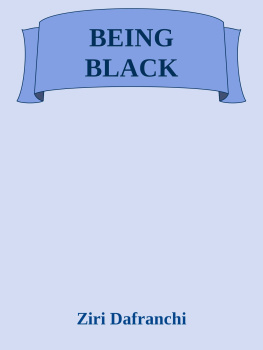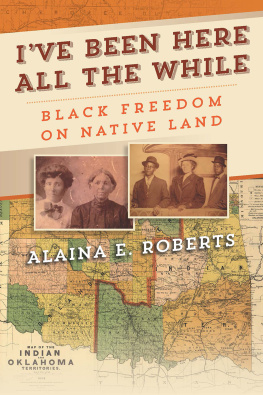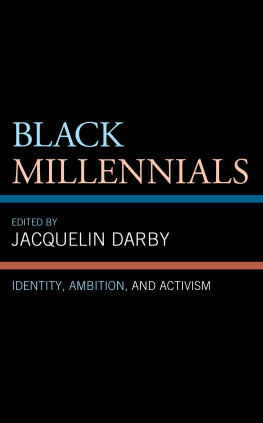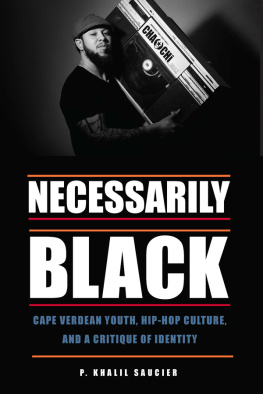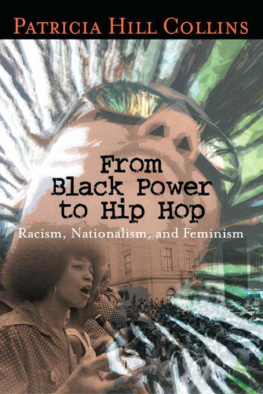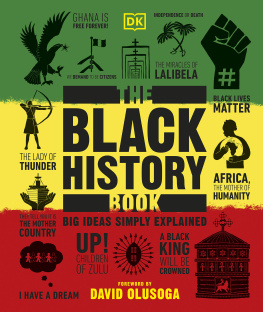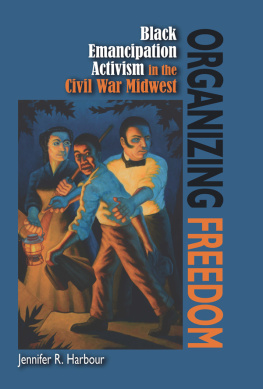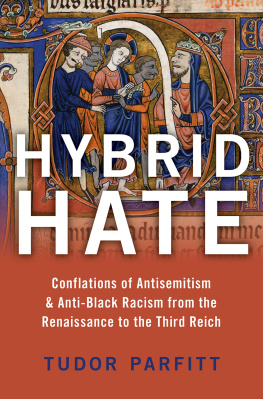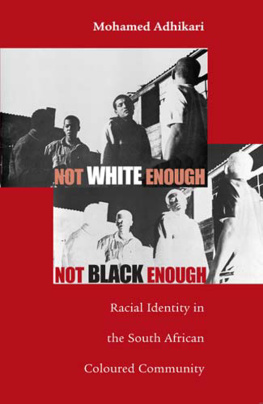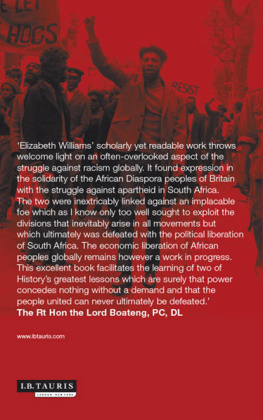BEING BLACK
REDISCOVERING A LOST IDENTITY
ZIRI DAFRANCHI
A Trilogy of Truth Collection 
2021 Ziri Dafranchi.
The right of Ziri Dafranchi to be identified as the Author of the Work has been asserted by him in accordance with the Copyright, Designs and Patents Act 1988.
All rights reserved. No part of this book may be used or reproduced by any means, graphic, electronic, or mechanical, including photocopying,
recording, taping or by any information storage retrieval system without the written permission of the publisher except in the case of brief
quotations embodied in critical articles and reviews, nor be otherwise circulated in any form of binding or cover other than that in which it is
published and without a similar condition being imposed on the
subsequent purchaser.
For information about permission to reproduce selections from this book, contact Hereditas Press.
A CIP catalogue record is available from the British Library.
EB ook ISBN: 978-1-8383859-5-8
Paperback ISBN: 978-1-8383859-4-1
Hardcover ISBN: 978-1-8383859-3-4
Hereditas Press
www.hereditaspress.com
For the lost Israelitesthat they may rediscover themselves.
IDENTITY AND DESTINY
Identity and destiny are entwined; identity is predetermined by destiny, while destiny is dependent on identity for its realisation.
A people without the right identity are a people derailed from their rightful destiny because a wrong identity could never result in the right destiny.
Destiny is the reason a people are a people, but to fulfil it, the people must first rediscover their lost identity.
.
Contents
Preface
Black is one of the two most common racial categories of humans today, the other is White. The world today is one where humans are classified into different racial groups mostly based on skin colour (e.g., Black, White), and in some cases on geography
(e.g., African, Asian). In the USA, for instance, a person is
regarded either as an American Indian or Alaska Native, Asian, Black or African American, Hispanic or Latino, Native Hawaiian or Other Pacific Islander, or White. In the UK, where the term ethnicity is used in preference to race, a person is formally
identified either as White, Mixed, Asian or Asian British, Black or African or Caribbean or Black British, Arab, or any other
specified group. You would have easily and quickly noticed the subjective nature of the criteria used for these
classificationswhile some classifications are based on
geography, others are based on skin colour. Also, curiously, while a person can be an American Indian or African American in the USA, or African, Caribbean, or Black British in the UK, a person is simply White in both the USA and UK and not European American or European British, for instance. Thus underlining the subjective as well as the biased nature of these racial
classification models, which nonetheless remain the official means of categorising people in the referenced countries.
Similarly flawed models of racial classification are in use in
different continents of the world. Consequently, this concept of racial grouping, although largely flawed, is one generally and strongly upheld by most people if not everyone in todays world. A person regardless of age, gender, or academic qualification, would easily self-identify or be identified as White or Black, in most cases, usually, simply based on skin colour. Interestingly, humans have not always been divided into racial categories, at least not until much later in our collective history. I had been completely ignorant of this fact until I started researching this book and I believe there are many more people like myself who despite their academic achievements remain in the dark as to the truth about the racial categorisation of humans.
Race, as a categorising term in reference to humans, came into use in the English language late in the sixteenth century, from the Old French rasse (1512), from Italian razza, originally interpreted to mean an identifiable group of people who share a common descent. By the eighteenth century, the meaning and use of the term race had evolved, subsequently becoming a social tool for sorting and ranking the peoples in the English colonies particularly in todays USAi.e., Europeans who saw themselves as free people, Amerindians who had been conquered, and
Africans who were being brought in as slave labour. Sadly, this usage continues today. It is instructive to note that the concept of race, starting from the eighteenth century, became reduced to nothing more than a social construct which was subsequently
politicised and used to entitle the group of people who invented
itEuropeansat the expense of the other groups. Although several past and present efforts have been made by some scholars, starting from around the seventeenth century, to represent race as a scientific concept, none has yet been able to gain
unquestionable credibility or acceptance. On the contrary, based on modern scholarship using highly advanced technology, there is a consensus among scholars that race lacks scientific credibility but instead is a social concept. For instance, what the Human
Genome Project (HGP) determined was that there is the same amount of genetic variation among individuals within a so-called racial group as there is between individuals in different racial groups. The simple implication here is that there are no real
genetic differences between the people now regarded as black and their white counterparts (i.e., based on modern racial
classification models), or between whites and Asians, or between any of the so-called races. Putting it succinctly, nobody is Black and nobody is White eitherwe are all simply humans!
You may then wonder if this is the case, why I still chose to use the term Black in the title of this book: My use of Black in this books title and narrative is purely based on contemporary usageeven though flawedand primarily for ease of
communication. I reasoned that it would be easier for me and for you the reader if I used the term Black or White in reference to particular groups of humans as opposed to sticking to a more scientifically accurate terminology, such as African, European, Asian, American, etc., because of the confusion likely to arise as a result. If I referred to American, for instance, then I would still have to qualify the particular American population group with either African-American or White-American. Furthermore, Black and White are both used to represent population groups that cut across different geographical regions and thus using such terms as Black and White make it easier to discuss those groups collectively. It is important pointing out now that
although the title Being Black suggests a totality, the main
subjects of this book represent only a fraction of the overall global black population, although the plights discussed in this book
affect blacks generally.
Although the African origin of humans is relatively
common knowledge, especially among students of Anthropology, not many people outside the academia are aware of this.
Personally, I was again ignorant in this regard until sometime in 2012 when I came across an online article by the BBC which highlighted the origin of humans in todays Africa. I have to
confess, perhaps to my shame, that I was quite surprised by this realisation because until then, I never would have imagined
Africa as the land of human origin, or even that humans all had a single origin. I believe there are even more people who are
Next page
